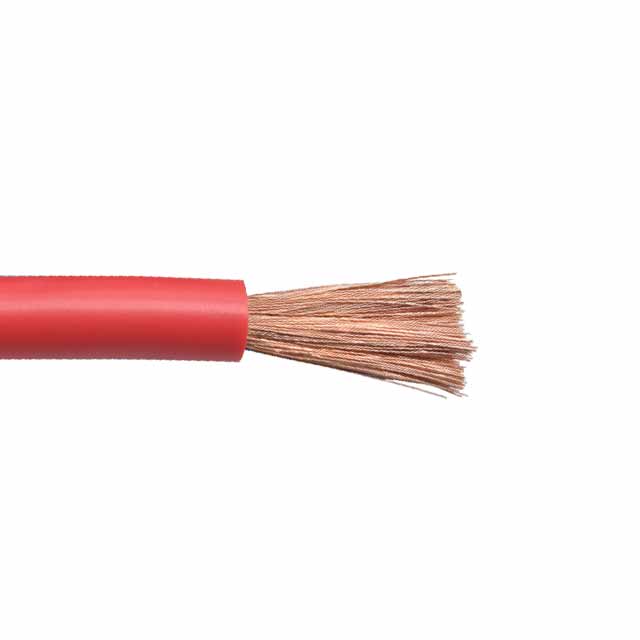Welding cable is designed for high-performance applications where durability is of utmost importance. Welding takes place in large industrial settings, and ordinary cables would quickly wear out. Unlike regular cables, welding cables are designed to remain flexible, protect from burns and abrasions, and withstand exposure to oil and water. This is why these cables are so popular. However, they aren’t the only reason to use them.

Single core
When you need a reliable welding cable, you can choose between single or double core models. These cables come in various core sizes, from 10mm to 240mm. These are available cut to length, and can be delivered next day within the UK mainland. Whether you need a 100-volt, 300-volt, or 450-volt model, you’ll find it in our online shop. If you need a larger or smaller quantity, you can always purchase the required lengths in bulk and save money by avoiding the hassle of a larger cable.
High-voltage, flexible single core cables are available. These cables feature a single layer of neoprene or EPDM insulator. They have a temperature rating of -50degC to 105degC and meet key industry standards. This makes them suitable for use in shipbuilding, machine tool manufacturing, and manually operated line welding machines. Despite the versatility of these cables, they are designed to withstand high-voltage environments and are resistant to ozone and heat.
Welding cables should be long enough to reach all the corners of the work area, and should be spaced far apart to allow heat to be dissipated. The proper gauge size is also critical. Thinner cables have lower ampacity than thicker ones. Choose a thicker, heavier cable if you need longer lengths. Also, make sure to choose a cable with a low-heat absorbency, as too high a voltage can damage the equipment.
Single core welding cables and battery cables are similar in terms of current and amperage capacity, but there are a few significant differences. Single core welding cables are flexible, while dual-core battery cables are more rigid. For example, single core battery cables have a larger number of copper strands. They are made of PVC or cross-linked polyethylene, and are able to withstand harsh conditions. They are also resistant to oil and gas and have a 60-volt rating.
Flexible
A flexible welding cable is a necessity for any jobsite. This material is water-resistant and flexible enough to withstand the rigors of a welding job. Despite its flexibility, flexible welding cable can withstand exposure to oil, water and constant dragging across a yard. Its durability even withstands prolonged exposure to very cold temperatures. These are just a few of the benefits that come with flexible welding cable. Find out more about this versatile material.
FlexWhip is an extremely flexible welding cable that is a popular option for most applications. It is made of a stranded, annealed copper conductor and is insulated with high-grade RoHS-compliant EPDM. Its orange jacket is highly resistant to cuts and abrasion. It is available in lengths of up to 250 feet. Both the jacket and cable are manufactured in the United States.
In addition to being flexible, welding cable is also compatible with the electrical infrastructure on a job site. To keep it working properly, it must be compatible with the jobsite electrical infrastructure. If you’re using a mig welder, you’ll want to choose a flexible welding cable with the right ampacity for your jobsite. It also needs to withstand a variety of conditions, including exposure to corrosive agents.
In addition to the flexibility of flexible welding cables, they are also resistant to oil, gasoline, and grease. In addition, the jackets of these welding cables are insulated with an EPDM-coated jacket that makes them highly durable. Oftentimes, these cables are present at a job site, so you’ll want to make sure that they’re coated with a protective coating. That way, you can be assured that they won’t corrode.

